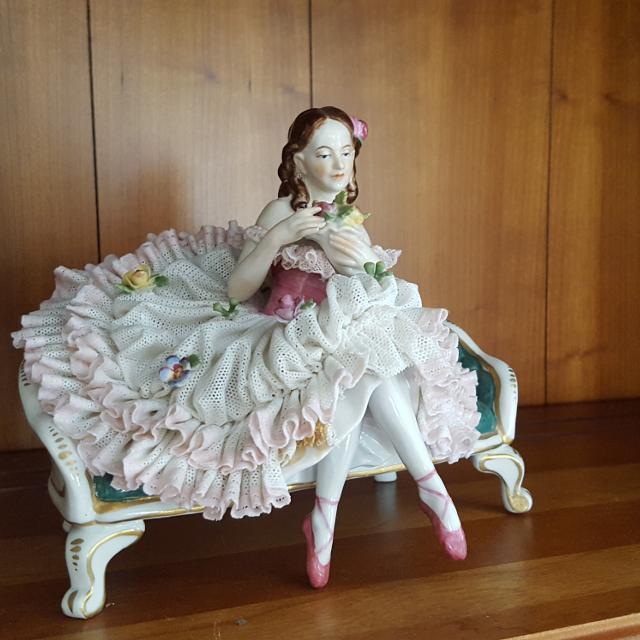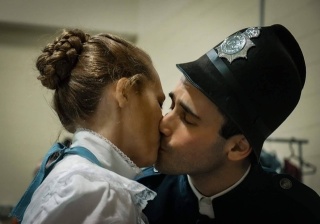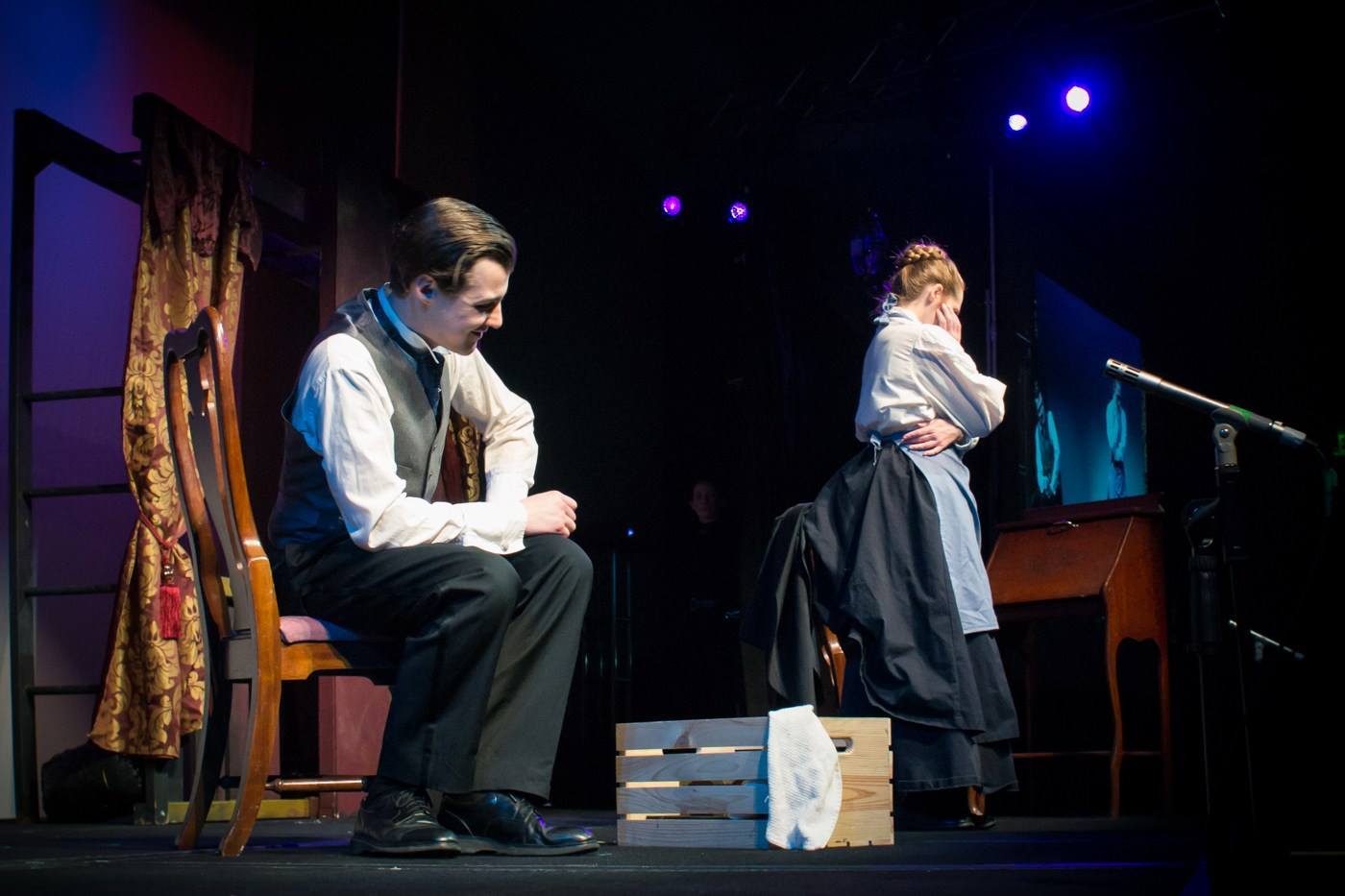I’ve mentioned before that I like attempting to do kind of a tricky thing in my writing— slant a character or circumstance to an audience to a certain problematic point of view, and then call to their attention how easy it was to fall into that unfair or inaccurate perspective. My hope is, not necessarily to shame or mock the viewer, but to encourage them to some self-reflection as to why they are vulnerable to seeing things in that flawed way, and maybe try to address it going forward. It’s a hard thing to pull off.
It’s been important to my work in two other places up to this point— Adonis, and Mrs. Hawking part IV: Gilded Cages. In Adonis, I want the viewer complicit in Aidan’s objectification, then make clear how it has hurt him, and have to challenge themselves to acknowledge the human tendency to reduce people to things. In Gilded Cages, I wanted the audience to like and sympathize with Reginald Hawking due to his charming, romance-novel-hero bearing, and then make them have to confront that we often want women to give such men a chance because we feel like they “deserve it”, but it doesn’t change the fact that his entire romantic relationship with Victoria violated her consent.
I’d like to attempt that same temptation to an unfair viewpoint, then point out the contradictory reality, with Veronica Dresden in Dream Machine episode 6. I’d love to have her come in and have the audience dislike her, stereotyping her as the nasty ex-wife being so, so hard on poor Ryan. But then point out that she spent years having to deal with him when he was not a good husband, father, or even person really, and that he’s not entitled to endless forgiveness from her. She has a RIGHT to her anger, and it’s unfair to cast her as the bad guy here. That can also force Ryan to confront his own responsibility and own more of what he needs to do going forward to make up for the person he used to be.
I think that could be some strong character stuff— if I can pull it off. This would be a later scene of episode 6, occurring after #2 - Sit Up and Beg and #1 - Nefarious Plan but before #10 - Come to Grovel. Leah won’t be in episode 6 too much— I like the idea that characters enter and recede from the spotlight from episode to episode —but I thought she might be the right person to engage with Veronica in this scene.

( Day #14 - Carrying Water )
It’s been important to my work in two other places up to this point— Adonis, and Mrs. Hawking part IV: Gilded Cages. In Adonis, I want the viewer complicit in Aidan’s objectification, then make clear how it has hurt him, and have to challenge themselves to acknowledge the human tendency to reduce people to things. In Gilded Cages, I wanted the audience to like and sympathize with Reginald Hawking due to his charming, romance-novel-hero bearing, and then make them have to confront that we often want women to give such men a chance because we feel like they “deserve it”, but it doesn’t change the fact that his entire romantic relationship with Victoria violated her consent.
I’d like to attempt that same temptation to an unfair viewpoint, then point out the contradictory reality, with Veronica Dresden in Dream Machine episode 6. I’d love to have her come in and have the audience dislike her, stereotyping her as the nasty ex-wife being so, so hard on poor Ryan. But then point out that she spent years having to deal with him when he was not a good husband, father, or even person really, and that he’s not entitled to endless forgiveness from her. She has a RIGHT to her anger, and it’s unfair to cast her as the bad guy here. That can also force Ryan to confront his own responsibility and own more of what he needs to do going forward to make up for the person he used to be.
I think that could be some strong character stuff— if I can pull it off. This would be a later scene of episode 6, occurring after #2 - Sit Up and Beg and #1 - Nefarious Plan but before #10 - Come to Grovel. Leah won’t be in episode 6 too much— I like the idea that characters enter and recede from the spotlight from episode to episode —but I thought she might be the right person to engage with Veronica in this scene.

( Day #14 - Carrying Water )





